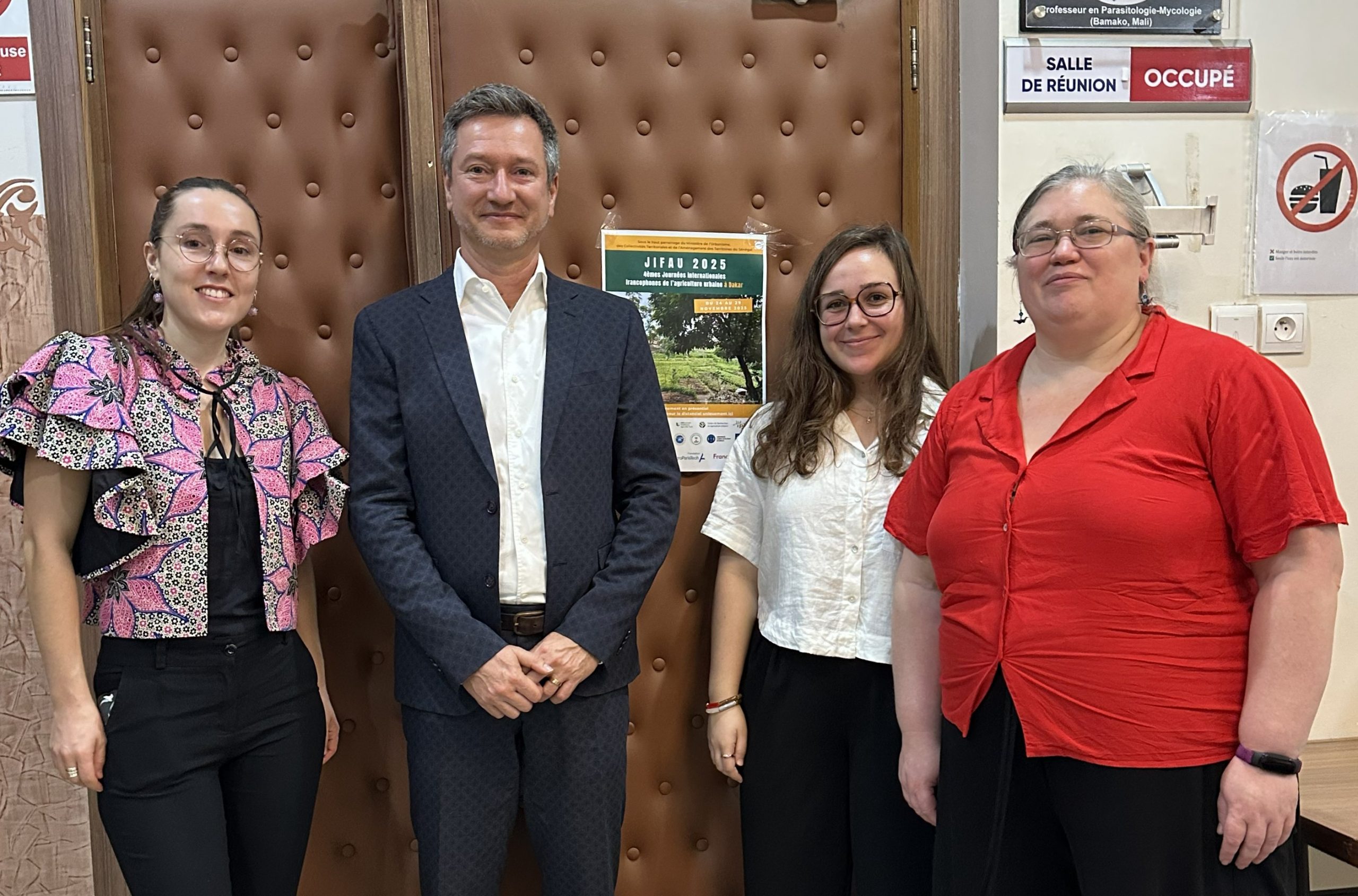Fresh from the vine: Urban Agriculture policy and governance catalogue of good practicies
By RFF Following our previous magazine on innovative urban agriculture in practice, we’re delighted to share a major new resource from FOODCITYBOOST: the Urban Agriculture
JIFAU 2025 (Dakar, Senegal): Urban agriculture, by and for the Francophone world
By Maylis Leblanc (CRAU), edited by Dimitra Fourkalidou (RFF) Between 24 November 2025 and 28 November 2025, the 4th Journées Internationales Francophones de l’Agriculture Urbaine (JIFAU) gathered
FOODCITYBOOST publishes a new catalogue for Innovation in Urban Agriculture
FOODCITYBOOST, a Horizon Europe project dedicated to advancing urban agriculture across Europe, announces the release of a major new publication for the urban agriculture community.
FOODCITYBOOST: One Year of Progress in Valladolid
By FENT, translated and edited by RFF The FOODCITYBOOST project works to assess the impacts and risks of urban agriculture (UA), create sustainability tools to
FOODCITYBOOST in Almere: Charting the path for Urban Agriculture
By FLEVO, translated and edited by RFF On July 24, 2025, Flevo Campus hosted an international delegation from the University of Liège (Centre de Recherches
Overcoming the Barriers to Scaling Urban Agriculture
A recently released policy brief from RUAF and Aeres University of Applied Sciences Almere, developed under the EU-funded EFUA (European Forum for Urban Agriculture) project,
Why Successful Business Models Matter in Urban Agriculture
By RFF Urban agriculture (UA) is no longer just a feel-good initiative, but it is becoming an essential infrastructure for cities that face climate disruptions,
Project Spotlight – SOILSCAPE: Elevating Soil Literacy Through Art and Engagement
By RFF Across Europe, urban agriculture is redefining how we relate to food, cities, and nature. At the heart of FOODCITYBOOST lies a mission to
The 100 Trends Shaping Urban Agriculture Across Europe
By RFF Europe’s cities are rapidly evolving in response to the effects of climate change and urbanisation. Urban agriculture, once a niche practice, is now
Meet our Living Labs: Flevo Campus
Authored by FLEVO, edited by RFF Flevo Campus (FLEVO) was established in 2017 by the municipality of Almere and the Province of Flevoland, in cooperation









